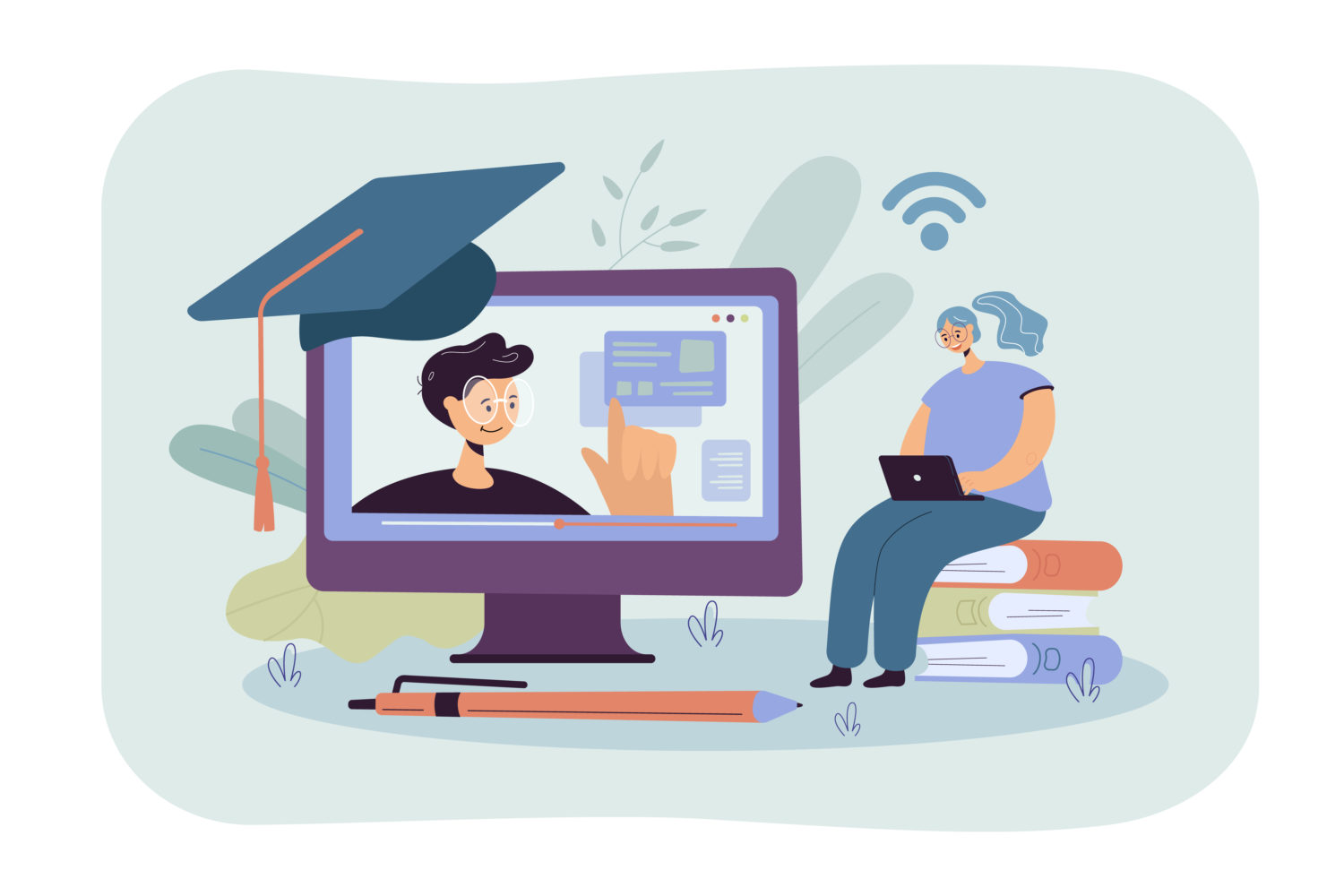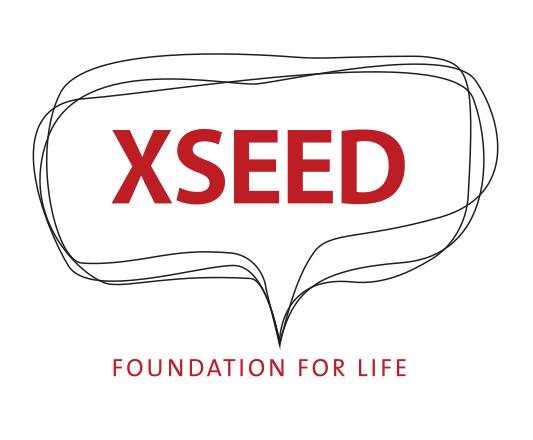
How Teacher Training Enhances Teacher Performance: Coping with Technology and Apps
Teacher Training With a New Focus
Teacher training, both pre-service and in-service, has always been a key factor in ensuring quality education. The sudden transition to technological platforms during Covid, however, dramatically changed the focus of teacher training. In this series of articles, we look at certain aspects that edtech companies and school managers should consider when planning teacher training.
Areas to Be Addressed in Teacher Training
The transition to online teaching during lockdown transformed education. Teachers, school managers, kids, and parents faced a new reality, and a different set of training needs emerged. Education providers stepped into the breach to design online materials, extend access, and provide teacher training to cope with the new needs. Even advantaged schools, where educational apps and smart tools were already in use, reported that major teacher training initiatives were required to support teachers.
Post lockdown, the classroom environment is different. Kids, teachers, parents, and school management have become more adept at using technology and have heightened expectations in terms of content quality and mode of delivery. Schools have adopted apps, like XSEED Super Teacher and Universal, and teacher training aimed at supporting educators to adjust and excel in the use of these apps and other technology is a priority. The following broad areas for teacher training have been identified:
- Technological skills to deal with smart tools and teaching apps
- Classroom and assessment management practices in smart classrooms
- The implications of technology on classroom methodology
- School, student, and parent communication systems.
This article deals with the first need identified.
Teacher Training: Use of Technology
Whether teachers used technology in class before the pandemic or not, teacher training in the advanced use of technology emerges as the top-most training need. Teachers specified the following needs in polls conducted:
The use of smart tools such as smartphones, whiteboards, and tablets
Technology provides instant access to information. Most kids are comfortable with technology, but teachers requested specific training sessions on the optimal use of smartphones and which settings to use.
Teacher training in the use of specific teaching apps such as the XSEED Super Teacher app
Generalized teacher training in technology is not enough. Teaching apps can be tricky to negotiate, and teachers need to understand the features of an app to use it to the best effect. The XSEED Super Teacher app provides detailed lesson plans, but a well-trained teacher may, for example, want to spend more time on the keywords given in the lesson if the class needs additional vocabulary support. Teachers with adequate training on the features of an app will be able to use it confidently and successfully.
Training in the use of school management and school communication apps such as Universal
A well-designed, user-friendly school management app is an essential administrative and communication tool. It offers features such as automated student attendance records, the creation of student timetables and schedules, tracking of student performance, and seamless communication between students, teachers, parents, and management. Teacher, parent, and management training are essential to explore and optimize the use of the app.
Training in the use of assessment apps such as the XSEED Test Maker app
Teachers will agree that setting assessment questions is a time-consuming task. Training in the use of an assessmentapp such as the XSEED Test Maker empowers teachers to compile sets of practice questions, tests, and exam papers in much less time. With adequate training, teachers can draw from thousands of questions to generate print-ready papers that test a range of content as well as skills at different cognitive levels.
Self-help and troubleshooting
A teacher who uses smart tools and apps in the classroom needs technical training to acquire the confidence to troubleshoot when faced with challenges, such as poor sound quality or low Internet bandwidth. Training to address commonly experienced challenges will boost teacher confidence and self-reliance.
Having emphasized the necessity of teacher training in the efficient use of technology, it must be said that face-to-face classroom teaching and personal coaching and mentoring of teachers remain vital. Just as technology-enhanced classrooms can never run without a good teacher, teacher training cannot be effective without personal mentoring.



